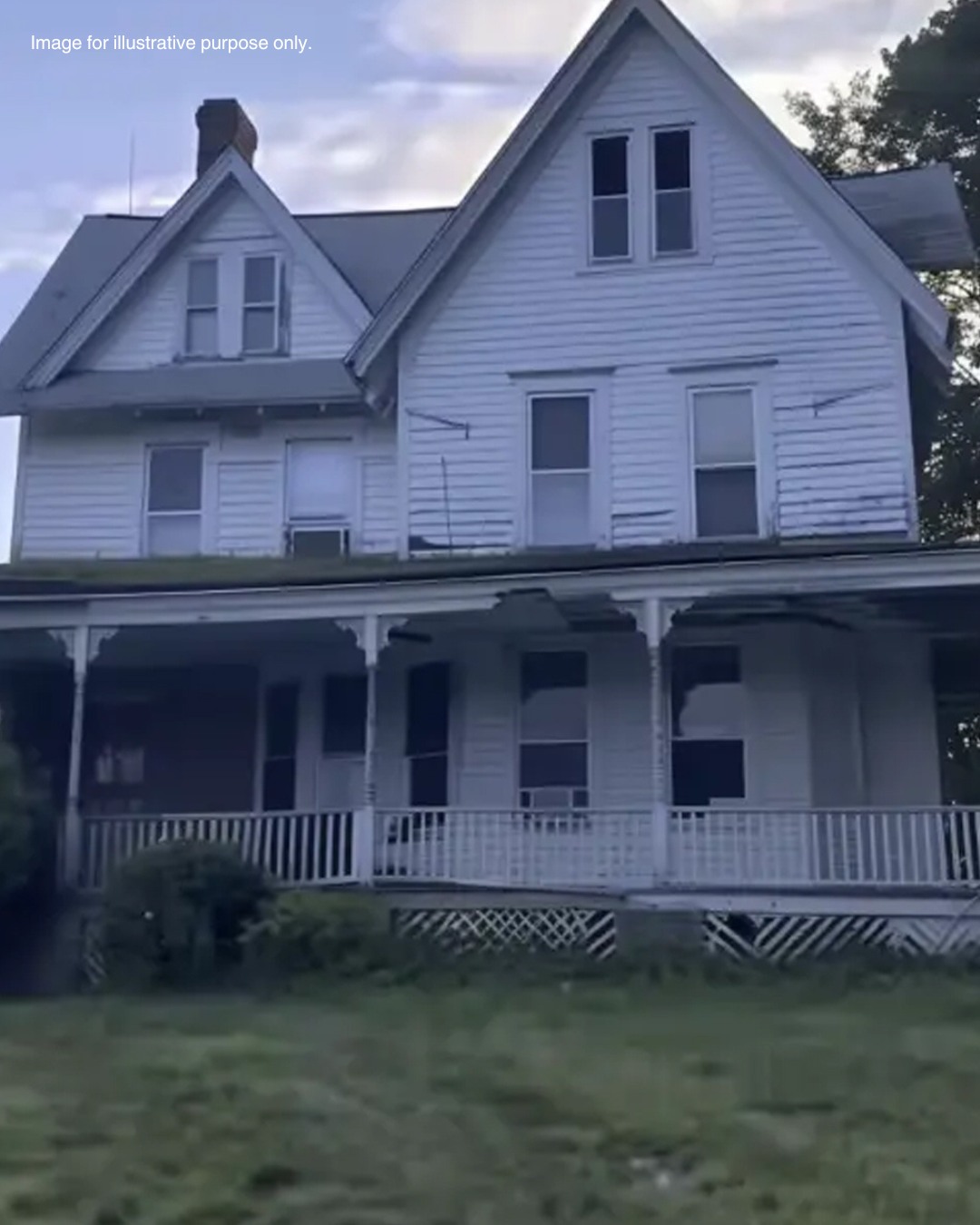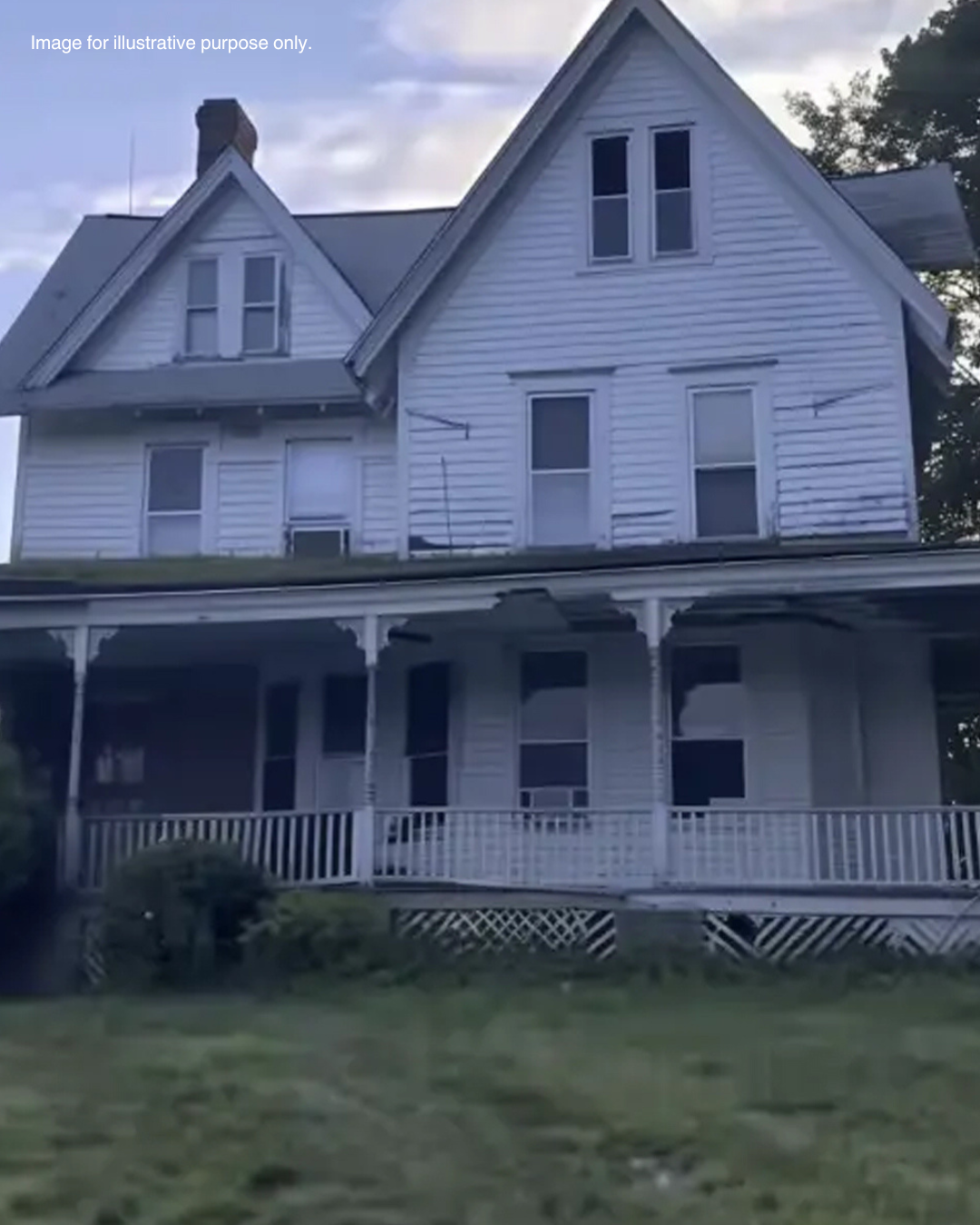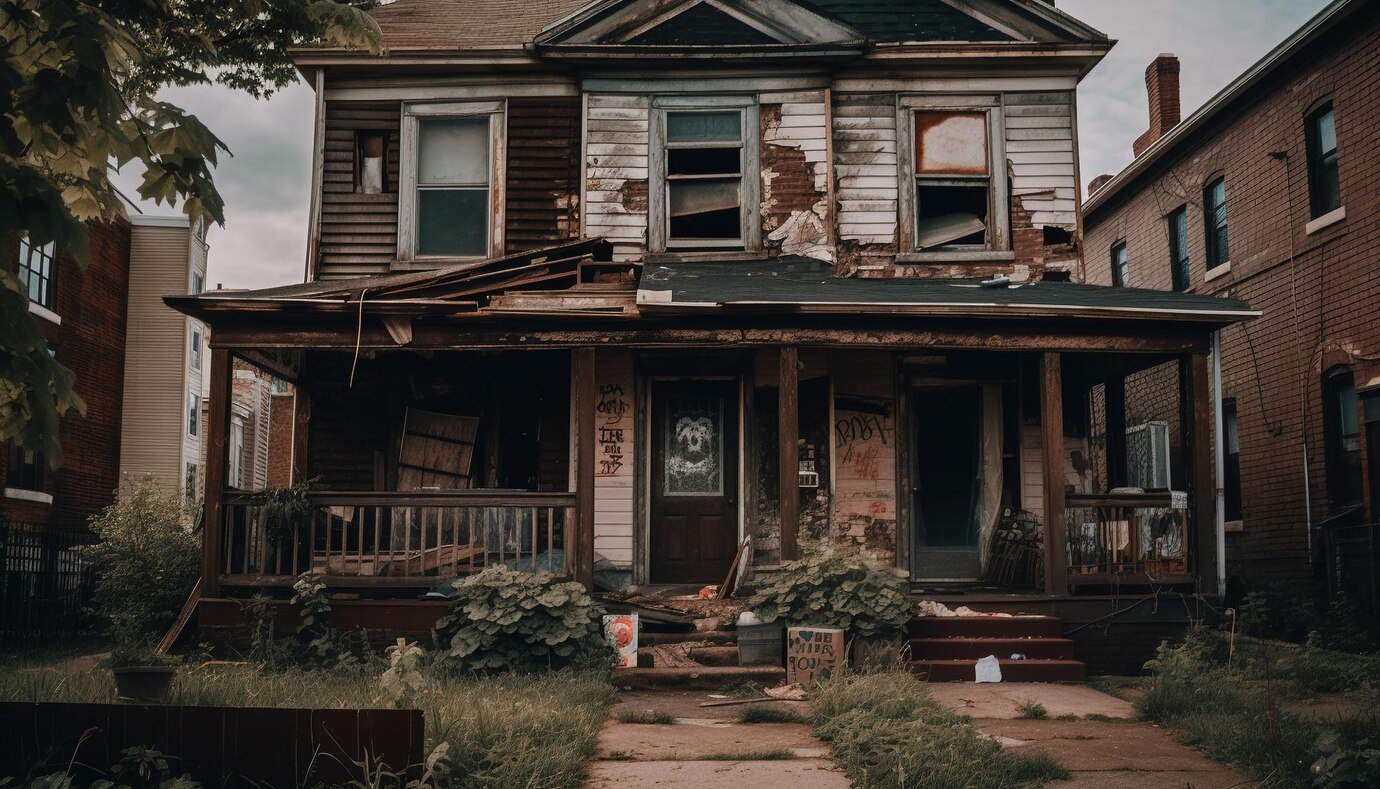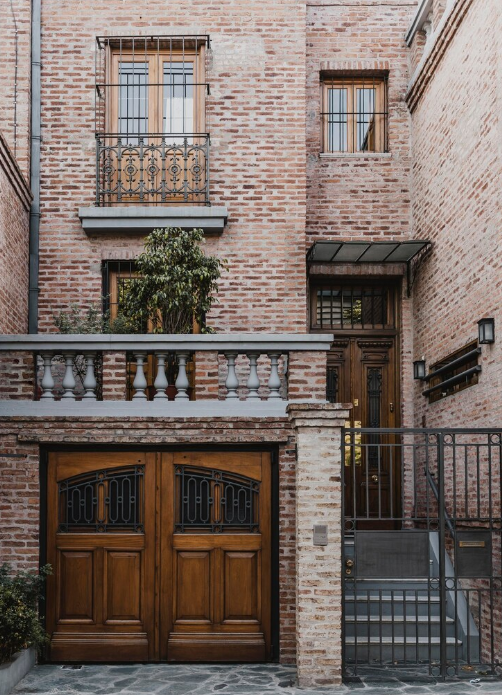

The narrator inherits their late grandfather’s house, feeling overwhelmed by the responsibility. Despite its sentimental value, they view the house as a burden, especially considering its dilapidated state. Preferring their fast-paced city life, they sell the house to Ben, who eagerly accepts the offer and begins renovating it.
However, a week after the sale, the narrator receives a letter from their grandfather, written before his d3ath, instructing them to check the basement. Driven by curiosity, they return to the house, where Ben kindly allows them to search the basement. In the process, they find a hidden box containing letters and an old key.
Determined to explore further, the narrator discovers a hidden door in the basement, but realizing they no longer own the house, they devise a plan to buy it back. They approach Ben with an offer, but he, realizing the house’s newfound value, demands an additional $20,000. After some hesitation, the narrator agrees, driven by the desire to reclaim the family legacy.

Once the house is back in their name, the narrator meets Clara, a historian passionate about preserving old homes. She helps them research the house’s history, deepening their understanding of its significance. Clara’s enthusiasm reinvigorates the narrator’s sense of purpose, and they dive into restoring the house as a tribute to their grandfather.
Upon returning to the basement, the narrator opens the hidden door, only to find a modest chest containing a letter and a worthless poker chip. The letter, written in their grandfather’s familiar handwriting, scolds them for initially selling the house and emphasizes the importance of honoring family roots. Though the narrator initially feels disappointed by the lack of material treasure, they come to realize that the real lesson lies in appreciating their heritage.

Determined to preserve the house as a family retreat, the narrator embraces the opportunity to turn it into a space for future generations to gather and share stories. The restoration of the house symbolizes a deeper connection to their past, fulfilling their grandfather’s wishes.
Over time, the house transforms from a burden into a cherished place, filled with laughter, love, and memories. As renovations progress, the bond between the narrator and Clara strengthens, hinting at a future where the house continues to serve as a symbol of both their family’s history and the new beginnings they build together.
Ultimately, the narrator learns that the true value of the house lies not in its monetary worth, but in its ability to connect them to their roots and preserve their grandfather’s memory. The house becomes a testament to family heritage, symbolizing love, legacy, and the importance of staying connected to one’s past.